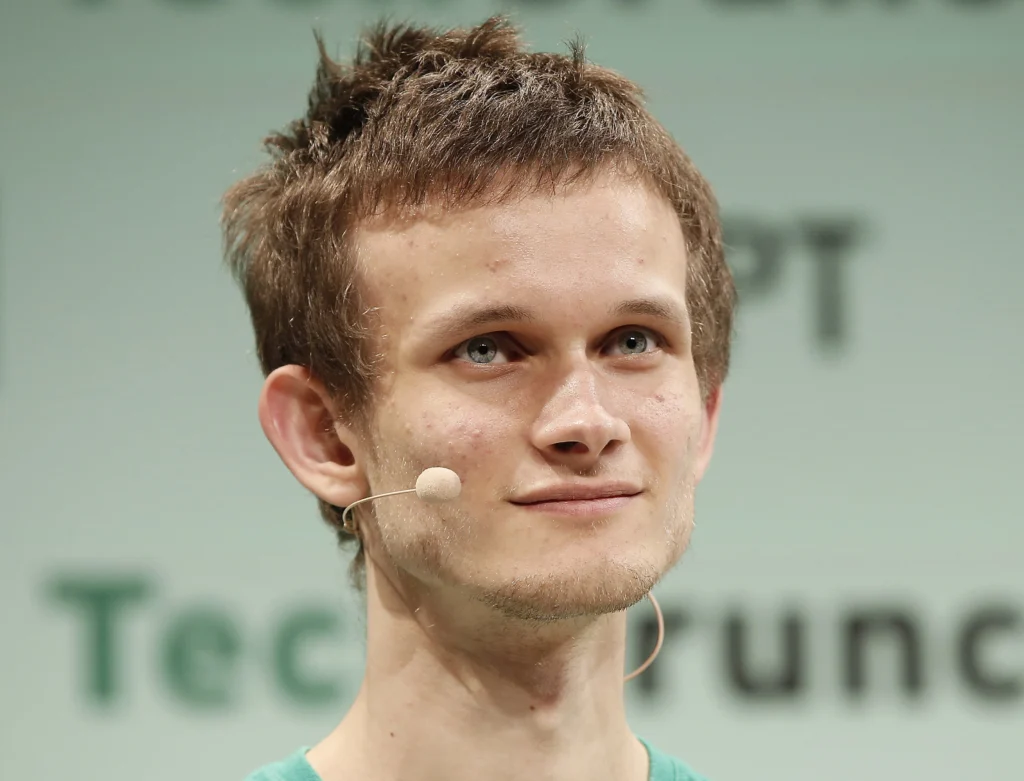
Vitalik Buterin, co-founder of Ethereum, proposed increasing the size of BLOB objects in Ethereum blocks to enhance the throughput of Layer 2 (L2) solutions. In the Dencun hard fork, activated on March 13, the EIP-4844 was implemented, which introduced a new type of transaction for temporarily storing large data, significantly lowering fees, especially for Rollup technologies.
According to Buterin, the current BLOB space is filled to 75%, and he suggested increasing the target and maximum values to four and eight BLOBs per block to prevent network congestion.
“The ecosystem is asleep, unaware that it is uncomfortably close to the ceiling,” Buterin remarked.
To implement this initiative, changes will be required under EIP-7623, which is under discussion for the upcoming Pectra update. This EIP proposes increasing the cost of accessing the base layer of data availability while reducing the block size, freeing up space to raise the gas limit and the number of BLOBs.
Support and Further Steps
Base CEO Jess Pollack expressed support for the initiative, stating that activating EIP-7623 could reduce the block size but would add much-needed capacity for growing L2 solutions.
I strongly support @VitalikButerin's proposal to increase blob count, combined with EIP-7623.
— jesse.base.eth (@jessepollak) September 26, 2024
reduces worst-case block size and adds needed capacity for fast growing L2s. the growth is exponential!
the @base team is contributing to unlock this — and we're ready to do more. pic.twitter.com/TSpkqZLTFB
“[Activating EIP-7623] at worst will reduce the block size, but it will add the necessary capacity for rapidly growing L2s, and growth will become exponential,” Pollack commented.
Earlier, Web3 researcher Cygaar called for higher fees for BLOB objects to restore the ETH burn rate. Developers have also proposed splitting the Pectra update into two phases, with the first phase scheduled for early 2025.








 Cryptol – your source for the latest news on cryptocurrencies, information technology, and decentralized solutions. Stay informed about the latest trends in the digital world.
Cryptol – your source for the latest news on cryptocurrencies, information technology, and decentralized solutions. Stay informed about the latest trends in the digital world.